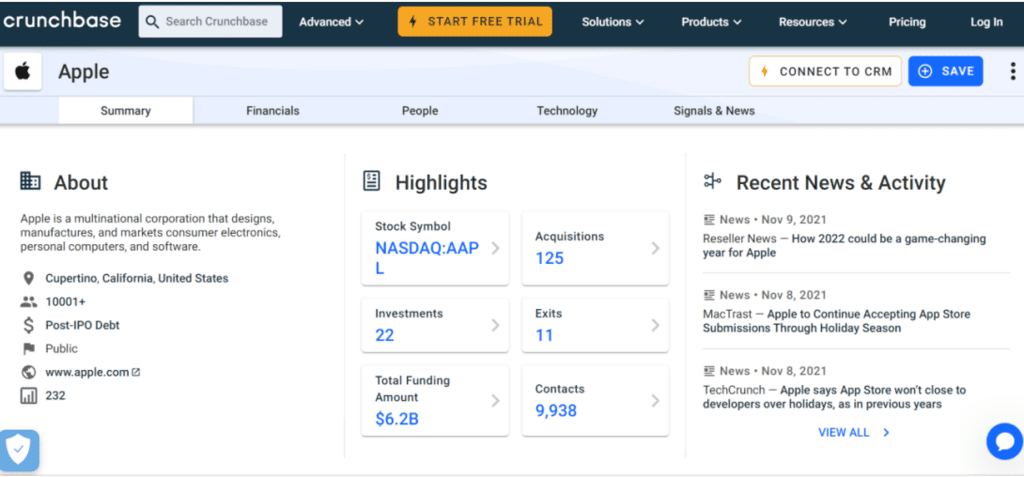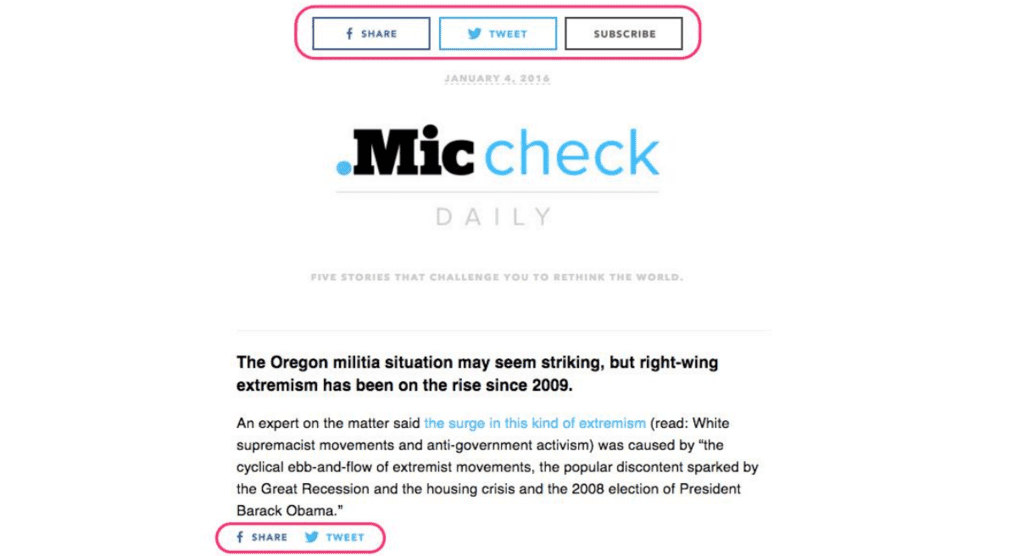Email marketing and social media are TOP-2 digital channels to run digital communications according to marketers’ opinions. Both allow companies to reach out to a broad audience and provide them with versatility while sharing content. The two channels allow nurturing leads with either text messages or – full-fledged lead magnets and video ads. And if a company combines mailings with activities on social networks, it gets a true marketing combo.
The upside of social media and email marketing integration
Connected email and SMM strategies result in an increased number of contacts – in both lead databases and social networks groups. Their alliance helps to improve all external communications and results in increased sales ultimately.
By running promotional activities via social networks and emails, you can strengthen the pros of each channel and counterbalance the cons.
This will bring you:
- A reduced average cost of obtaining new subscribers – You can share links to social profiles via newsletters and encourage followers to subscribe to your email newsletters. Or – vice versa.
- A backup channel for lead generation – Two communication channels are better than one. Even if one fails to perform as planned, you’ll continue to keep a sales pipeline full.
- Greater coverage of new audiences – You can use smart lead gen settings, e.g. lookalike (Facebook ads) or in-market (Google ads) audiences, to grow the contact database and reach out to new people.
- More data to analyze customers’ activity – Keep an eye on leads’ profiles to understand what they live and to tailor email content accordingly.
Integrating social media and email marketing
Building an email list through social media
People use email addresses to create accounts on social networks, so the latter are priceless sources of prospects’ contact information. You can use email finder to browse public profiles and extract emails or phone numbers. By enhancing these data with personal info, such as prospects’ gender and names, you can come up with a complete database. The only thing is – not to violate GDPR principles regarding recipients’ privacy and respect their right to unsubscribe at any point.
By referring to data on professional social networks, like LinkedIn or Crunchbase, you can collect corporate emails, as well as some worthwhile Firmographics. For example, you can look up information about recent investments, number of employees, ownership, etc. After, you may use these insights while planning content for emails and SMM.

Upload a list of your subscribers to social networks
You can double benefit from an extensive email database by setting up nurturing campaigns via socials. Imagine a subscriber has recently visited your online store and purchased an item. If you manage to find social media by email, say, his or her profile on Facebook and advertise related products to cross-sell or up-sell products. Consequently, an average check per user in your online store will increase considerably.
Include social profiles in your emails
A good idea is to include social media links in newsletters, but not too many. Meaning that if you have 10+ corporate profiles on various platforms, it’d be better to add 2 or 3 the most recognizable ones, e.g. Twitter, Facebook, and LinkedIn.
Links to social media in emails can boost your social traffic and increase customers’ engagement. You can incorporate them in the email template either at the top or closer to the signature.

If you share virus content via newsletters, you can insert social sharing buttons so that people can distribute this content via their social media networks.
Invite followers to subscribe to your email list
When you post on socials, encourage followers to subscribe to your emails by explaining the benefits they’ll obtain. These may be exclusive one-time offers, Birthday freebies or discounts, notifications on clearance, etc.For instance, making a QR code offering a 10% discount could entice your followers to subscribe.
Invite your email subscribers to a invite-only private Facebook group
People appreciate uniqueness. When something stops being available for everyone, it becomes much needed in no time. Marketers are well aware of this powerful psychological feature and use it to create a luxurious veil around products they promote and add extra zeros to their prices. And so can you, in particular, with the help of closed groups on social platforms like Facebook.
Create an exclusive area where only members can communicate and view content. What you share should be extremely relevant, for example, – pieces of advice from recognized experts or practical tutorials. Create a light hype around membership in a group, and reward loyal clients with exclusive invitations to it via emails.
Recycle content
Content production costs a penny, so it’s nice to make the most of previously used newsletters or posts, right? Content recycling means that you share the same or slightly modified pieces of content across the brand’s social channels. For example, you can “recycle” content from whitepapers by making several triggering announcements and sharing them via social networks. Remember – content isn’t just text that you share. You can also re-use visuals or transcribe videos into articles – to generate leads via multiple channels.
Run contests
In addition to email, social media networks like YouTube or Instagram have proven their effectiveness to build brand awareness and increase sales. In particular, due to a vast space for organizing contests. There are many you can try – a giveaway, a comment to win, a voting or photo contest, a random winning number generator, and many more.
To invite people to participate in contests, announce terms on social profiles and share information via emails. Thus, you may engage even those people who rarely visit a particular social network or have missed the announcement.
Use a reward-based referral marketing strategy
A word of mouth works well for all niches and in particular – for “Your Money Your Life” companies. Referrals from clients can bring you more revenues than all advertising efforts taken together.
Leveraging the best referral software can amplify these benefits.
Still, although you can get occasional referrals, word-of-mouth marketing requires certain efforts from your side.
Create a system where you reward existing customers when they recommend your product to friends, family, or colleagues. Here, monetary incentives may work well, but non-monetary ones may work even better as they seem to be more sincere.
Sync your social media and email marketing calendars
Align content across channels by automating publications and synchronizing distribution calendars. This will keep the consistency of all of your external communications and save your team’s efforts on monitoring leads’ reactions to the messages you share.
“Email vs Social Media” isn’t a question for businesses that strive for high marketing ROIs – they should utilize both. One and the other channel is effective for digital communications in terms of reaching out to the audience and affordability. And when marketers integrate the two, outcomes from their efforts increase exponentially.


